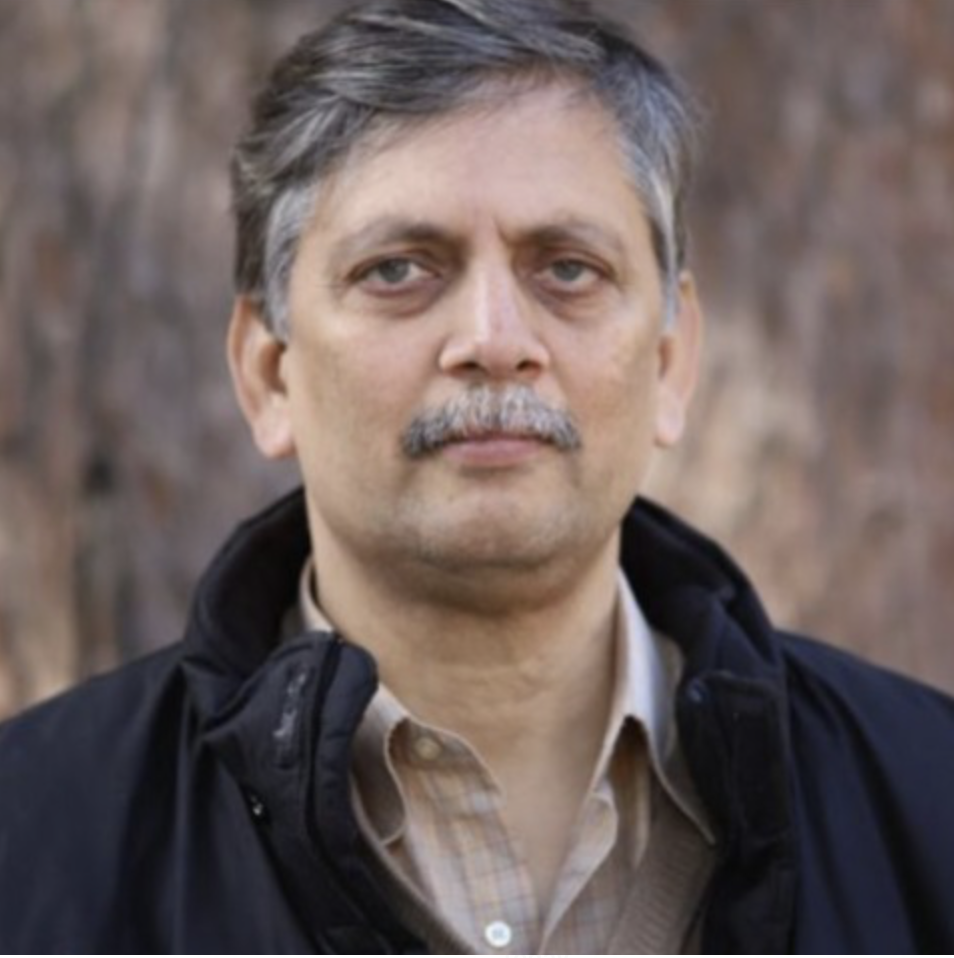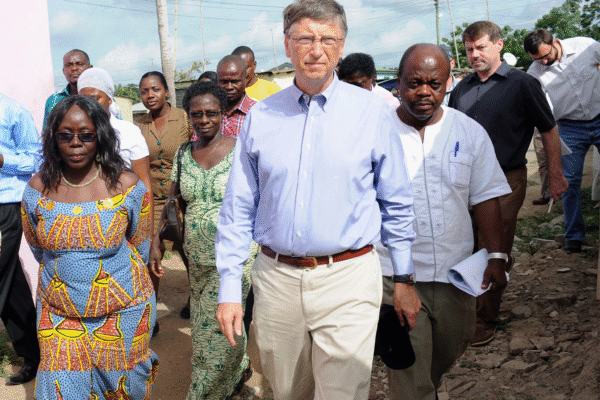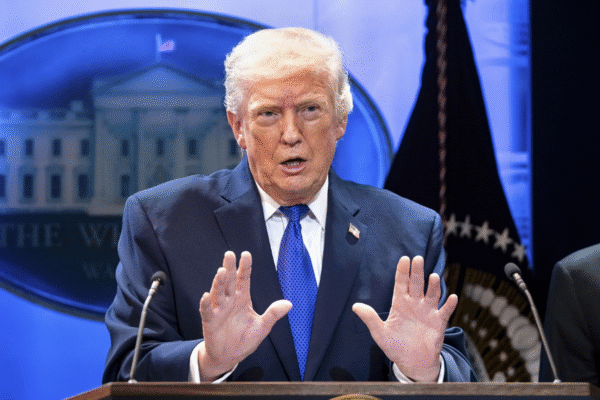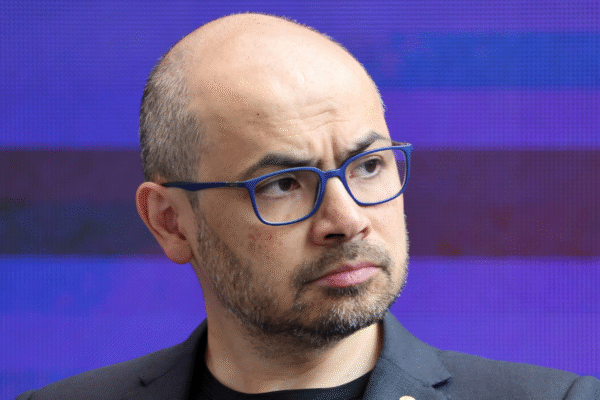

India Sheikh Hasina Extradition: Can New Delhi Refuse Dhaka’s Request?
Does India Have to Return Sheikh Hasina? The Legal and Diplomatic Reality
Bangladesh has formally asked India to return former Prime Minister Sheikh Hasina, who fled after dramatic political unrest in Dhaka. New Delhi has responded cautiously and said it will act in the interest of peace, democracy and regional stability. This diplomatic line raises a sharper question: Can India say no to Dhaka’s request, and what happens if it does?
India’s Law Gives It the Freedom to Refuse
India and Bangladesh signed an extradition treaty in 2013, but the agreement does not bind India to hand over every accused person. The treaty lets India deny extradition if the charges look political, if the person cannot expect a fair trial or if the return harms India’s interests. These grounds directly relate to Sheikh Hasina’s claim that she faces political persecution after a forceful change of power.
Indian law strengthens this discretion. Under the Extradition Act of 1962, the government can reject any request that appears politically motivated. Agencies also evaluate human-rights risks before approving an extradition. If they detect threats such as custodial violence, a biased judiciary or unstable legal processes, they can block the handover.
Hasina’s case will undergo this scrutiny. Indian officials will assess the credibility of the charges and the state of Bangladesh’s institutions in the current transition. If they believe she cannot receive a fair trial, India has a clear legal basis to refuse the request.
How Dhaka May React if India Declines Extradition
The present government in Dhaka wants a clear display of authority after the turmoil that brought it to power. It sees Hasina’s return as a symbolic victory and a way to consolidate public control. If India refuses to hand her over, Dhaka may increase diplomatic pressure, frame India’s decision as interference or seek stronger backing from other regional powers.
The government may also escalate the issue in international forums to portray Hasina as a fugitive and India as uncooperative. Such moves would aim to shift global opinion and tighten the narrative around legitimacy. Dhaka could also limit bilateral engagements or slow down projects involving security cooperation, border management and trade facilitation to show displeasure.
However, completely breaking ties with India is unlikely. Bangladesh depends heavily on Indian trade routes, energy links and security coordination. The government may protest publicly but will still avoid actions that threaten its long-term strategic needs. Its reaction will therefore combine political posturing with practical restraint.
India can legally refuse Dhaka’s request, and the treaty gives it enough room to do so. The final decision will depend on India’s calculation of stability, democratic balance and the long-term impact on a region that is already experiencing an unpredictable political shift.

Gyaneshwar brings more than three decades of distinguished journalistic experience to the team. He has contributed significantly to both print and electronic media and directed several documentary films. For over 35 years, he has held key editorial roles in newspapers and TV channels, including The Pioneer and JAIN TV. Known for his balanced perspective and in-depth analysis, he brings leadership and expertise, and ensures accuracy, relevance, and clarity in every story.









